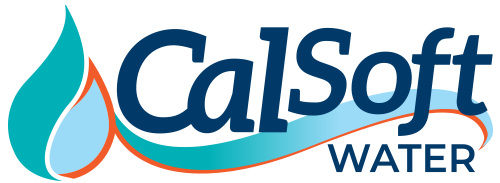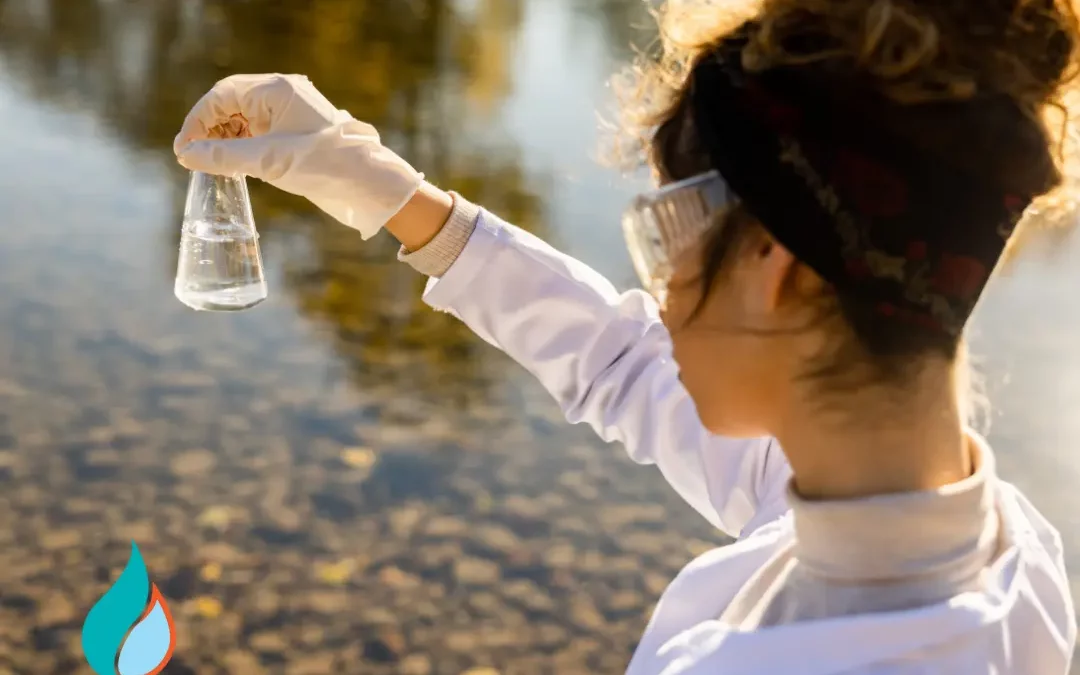It’s no accident that we celebrate National Water Quality Month during one of the hottest months of the year across the US. You may know that clean and safe drinking water is crucial to our health. But what makes our water clean and safe? Learning where your drinking water comes from can help you understand why water quality is so important and how we can protect our access to clean water in the future.
Why is water quality so important?
Clean and safe drinking water is essential for human survival. But more than just human health depends on safe water. Water quality dictates the growth of ecosystems and the disruption of food chains!
This is such an important topic because it impacts our life in every way, connecting agricultural productivity, economic impact, recreational appeal, and environmental conservation efforts. By learning how to value and protect clean water sources, we can contribute to a healthy environmental and a sustainable future.
The history of protecting water quality
In a watershed moment, the Clean Water Act was passed in 1972. This piece of legislation was meant to clarify the regulations surrounding water quality. With the growth of industry and agriculture in the US, water pollution had become a serious problem. The Clean Water Act was a monumental first step in creating more intensive pollution control.
The Safe Drinking Water Act of 1974 followed soon after and focused on protecting the public from contaminated water. When this legislation was passed, it set the framework for current water quality standards and water treatment requirements. Water safety regulations continue to evolve to address new water contaminants, incorporate new technological advancements, and coincide with environmental efforts.
How to celebrate Water Quality Month and protect your own water supply
Opt for a broom over a hose when cleaning your driveway.
It might be tempting to just hose off your driveway, especially on a hot day, but opting for a broom instead can save gallons of water. Additionally, hosing off your driveway may carry water contaminants like gasoline or other chemicals into the drain and into the groundwater supply. Protect your water supply by sweeping away debris instead of spraying.
Pick up after your pets.
Dog poo does more than transmit diseases and parasites– pet waste contaminates water, too! When pet waste is introduced into our waterways, the nitrogen can upset the oxygen level and devastate the aquatic ecosystems. When not disposed of properly, dog poo adds harmful bacteria to the water supply. Picking up after your pets may seem like a small way to protect water quality, but these small sources of pollution and water contamination add up.
Collect rainwater to water your plants.
Installing a rain barrel might not have been on your honey-do list this year, but it’s one way to save water while saving money on your water bill! Use collected rainwater to water your plants.
Dispose of oil, pesticides, and antibacterial products safely.
Antibacterial products, oil, pesticides, antifreeze, and other chemicals can do some serious damage to your water supply. You may think these “outdoor” chemicals are just another problem for the stormwater, but the presence of these chemicals make the groundwater impossible to treat and compromises the water quality. To protect clean drinking water, always dispose of oil, pesticides, and antibacterial products safely at gas stations or recycling centers.
Engage in community cleanups and tree planting.
You can take an active role in your community by adopting a watershed, planting trees to prevent erosion and agricultural runoff, or even just spreading awareness about the importance of water quality. These efforts to protect local water sources show appreciation for our environment and invest in our communities.
Celebrate Water Quality Month with CalSoft
If you’re worried about your local drinking water quality, CalSoft delivers the best-tasting drinking water solutions to Santa Maria and the surrounding areas. Investing in a water treatment system like a reverse osmosis water filter protects your drinking water from sediment, contaminants, and even unpleasant odors.
And as part of the larger picture, investing in an eco-friendly water softener protects the water quality in the community by not releasing the salt brine into the water supply. In this way, finding the right water treatment system for your home can be a great way to contribute to Water Quality Month!
Ready to take a step toward safer drinking water? Explore our clean drinking water systems that prioritize your health and the environment. Celebrate National Water Quality Month with CalSoft! Contact us today for a free estimate.

